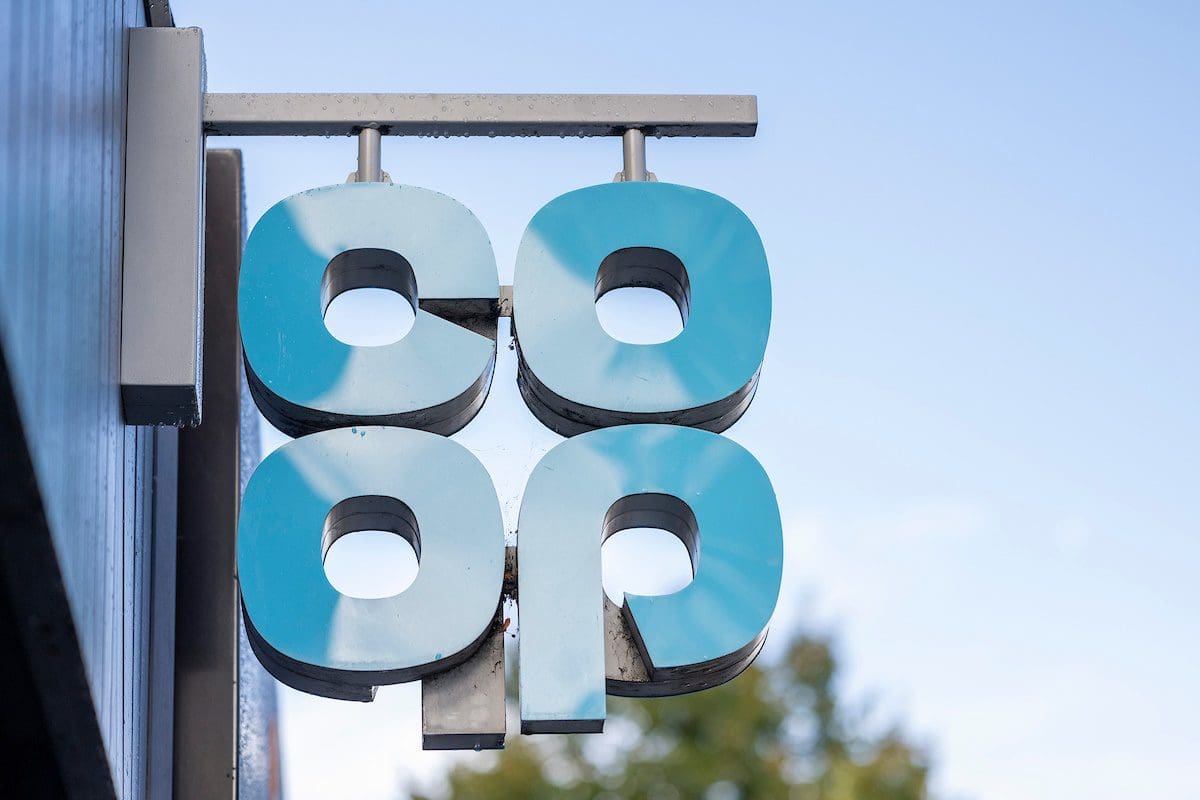Register to get 2 free articles
Reveal the article below by registering for our email newsletter.
Want unlimited access? View Plans
Already have an account? Sign in
To succeed in FMCG, brands must quickly decode consumer behaviour. However, brands must contend with the scarcity of first-party data as well as the imminent end of third-party data.
Thankfully, advances in technology have opened up new possibilities for solving long-standing problems in this sector. White Label Loyalty’s latest whitepaper, “The New Era of CPG Loyalty” explores the hurdles facing FMCG companies and innovative solutions now available.
The biggest data challenges in FMCG
FMCG companies frequently encounter challenges accessing first-party data directly from consumers due to their dependence on third-party retailers for sales. Without direct access to first-party data, brands find themselves at a disadvantage, unable to tailor their strategies effectively to meet the evolving needs of their customers.
As privacy regulations tighten and third-party cookies phase out, brands face the possibility of losing access to valuable consumer insights provided by third-party data sources altogether. Consequently, brands must scramble to seek alternative data sources.
Furthermore, FMCG brands struggle with insufficient data touchpoints throughout the customer journey. Gaps in data collection exist between brand awareness and post-purchase engagement, preventing brands from understanding their customers’ interactions completely. Surprisingly, only about 12% of brands have integrated data from all touchpoints and channels.
Additionally, FMCG brands face the challenge of siloed data. Customer data from various sources such as online activity and vending machines often remains isolated within organisations. A fragmented view of consumer activity prevents brands from gaining a true understanding of their customer’s preferences.
To address these data challenges, FMCG brands are turning to loyalty technology.
PepsiCo’s Strategic Response
PepsiCo’s strategy centers on gathering first-party data.
One such solution is intelligent receipt scanning technology, adopted by FMCG giant PepsiCo. By incentivising customers to upload receipts for competitions and campaigns, PepsiCo gathers valuable first-party data directly from consumers – including purchases made from competitors.
This approach utilises cutting-edge computer vision and machine learning to capture transaction data accurately, providing insights into consumer activity.
PepsiCo’s initiatives have had a significant impact. Obtaining first-party data and dismantling data silos have allowed PepsiCo to develop a deeper understanding of its consumers. This improved insight has enabled PepsiCo to customise its marketing strategies and product offerings more effectively, leading to heightened customer engagement and loyalty.
White Label Loyalty’s platform and technology have enabled PepsiCo to run over 30 campaigns, collecting first-party data from purchases made in the majority of merchants and retailers across the Netherlands and Belgium. These campaigns have captured over 13,000 products, with over 10,000 authorised receipt uploads, and engaged more than 15,000 consumers.
PepsiCo’s data collection success offers a valuable lesson for other FMCG brands facing similar challenges: with the right data accessibility and innovative technology, brands can overcome data hurdles and unlock the full potential of their customer relationships.
Loyalty engines like White Label Loyalty enable brands to incentivise and engage customers in any way they choose, ultimately giving FMCG businesses more control over consumer behaviour.
The future of FMCG loyalty
Loyalty technology helps FMCG brands gather diverse data easily, breaking down information barriers and creating a central hub of data. It simplifies data collection, even from unusual sources like vending machines, providing insights into every product a customer buys.
Having a clear picture of each customer allows for personalised approaches, boosting loyalty and guiding smart decisions. This personalised approach builds direct connections with customers, catering to their specific likes and expectations.
Building relationships with end consumers involves understanding what each person likes, whether it’s their favorite flavours or how they prefer to hear from the brand. It’s not just about running great campaigns; it’s about creating direct relationships.
PepsiCo’s success highlights the importance for other FMCG brands to embrace data accessibility and innovative technology. In an era of intense competition, brands can drive sustainable growth by deepening connections with consumers and implementing the right technology.


















